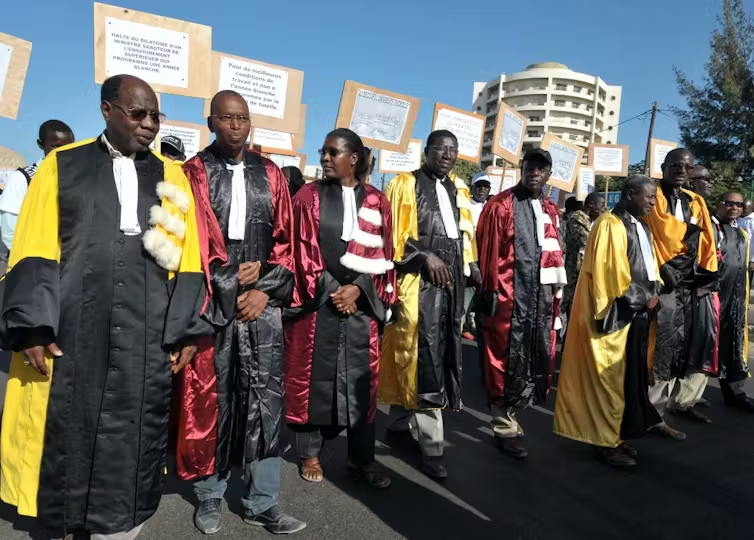
Senegal’s higher education system supports nearly 290,000 students across public and private institutions, but the soaring costs have become an increasing strain on the national budget.
Each student accounts for an average public expenditure exceeding 1.7 million CFA francs—covering both educational costs and social security contributions such as scholarships and campus infrastructure.
In 2024 alone, the state disbursed over 76 billion CFA francs for national scholarships, alongside 24 billion allocated between 2024 and 2025, while funding for scholarships abroad topped 7 billion CFA francs.
Despite the ambitious nature of this investment, concerns persist around transparency and the sustainability of this financial model, particularly as student numbers continue to grow amid tightening budget constraints.
Against this backdrop, Senegal is preparing to launch the National Agenda for the Transformation of Higher Education, Research and Innovation (ANTESRI) this Thursday at CICAD.
Rooted in the broader Vision 2050 framework endorsed by President Bassirou Diomaye Faye’s administration, the initiative signals a bold shift aimed at overhauling the university sector beyond traditional pedagogical reforms.
Abdourahmane Diouf, Minister of Higher Education, told the press on Tuesday that “the President of the Republic has asked us to move towards controlling university budgets (…) to implement an economic model, which is very revolutionary.”
The proposed model aims to reduce reliance on public funding by fostering financial autonomy for institutions, encouraging strategic partnerships, and diversifying income sources.
Yet the reform must tread carefully to protect vulnerable students who view higher education as a critical path to social mobility. Balancing cost control with equitable access presents a significant challenge.
Senegal now faces a pivotal moment in its educational history, tasked with not only sustaining its universities but fundamentally reimagining how knowledge is organized, financed, and delivered to meet the demands of the future.



